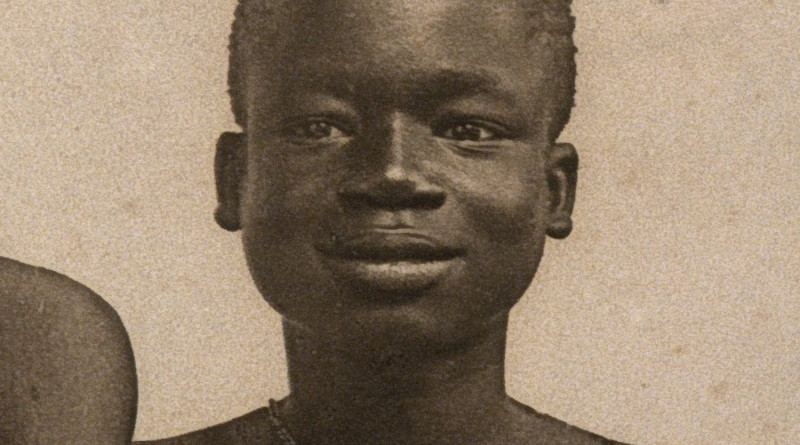Bronx Zoo Apologizes For Displaying African Man In Cage – OpEd
By IDN
By Lisa Vives
‘Black Lives Matter’ can take credit for the scores of apologies from around the world for racist statues, discriminatory corporate policies and now from the Bronx Zoo for its cruel and racist display of an African man in a cage in 1906.
“In the name of equality, transparency, and accountability, we must confront our organization’s historic role in promoting racial injustice as we advance our mission to save wildlife and wild places,” officials with the Wildlife Conservation Society (WCS) said a statement released to the press on July 29.
Officials with the society cited two instances of “unconscionable racial intolerance.” One was the treatment of Ota Benga, a young man from the Mbuti people of what is now the Democratic Republic of Congo. He was put on display for several days in September 1906. They noted that outrage from Black ministers “brought the disgraceful incident to an end.”
Benga went from the zoo to an orphanage in Brooklyn and then to Lynchburg, Virginia, where he worked in a tobacco factory. “Robbed of his humanity and unable to return home, Ota Benga tragically took his life a decade later,” the conservation group admitted.
Conservation society officials also condemned the “eugenics-based, pseudoscientific racism” promoted by two of its founders – Madison Grant and Henry Fairfield Osborn Sr.
Eugenics, a movement promoting selective human breeding to weed out characteristics seen as undesirable, had many followers in the early 20th century and was influential in shaping Nazi policies. Excerpts from Grant’s book “The Passing of the Great Race” were included in a defense exhibit for one of the defendants in the Nuremberg trials, the zoo officials said.
“We deeply regret that many people and generations have been hurt by these actions or by our failure previously to publicly condemn and denounce them,” the officials said in the statement, which was first reported in The New York Times.
The group started digging into its history because of its 125th anniversary this year. That process, combined with conversations about racial injustice sweeping the country after the police killing of George Floyd, prompted the apology.
To acknowledge the mistakes of the past, all records regarding Benga will be made available online to the public.
We will develop additional projects to make our history accessible and transparent, especially to outside writers and researchers,” the society said.

